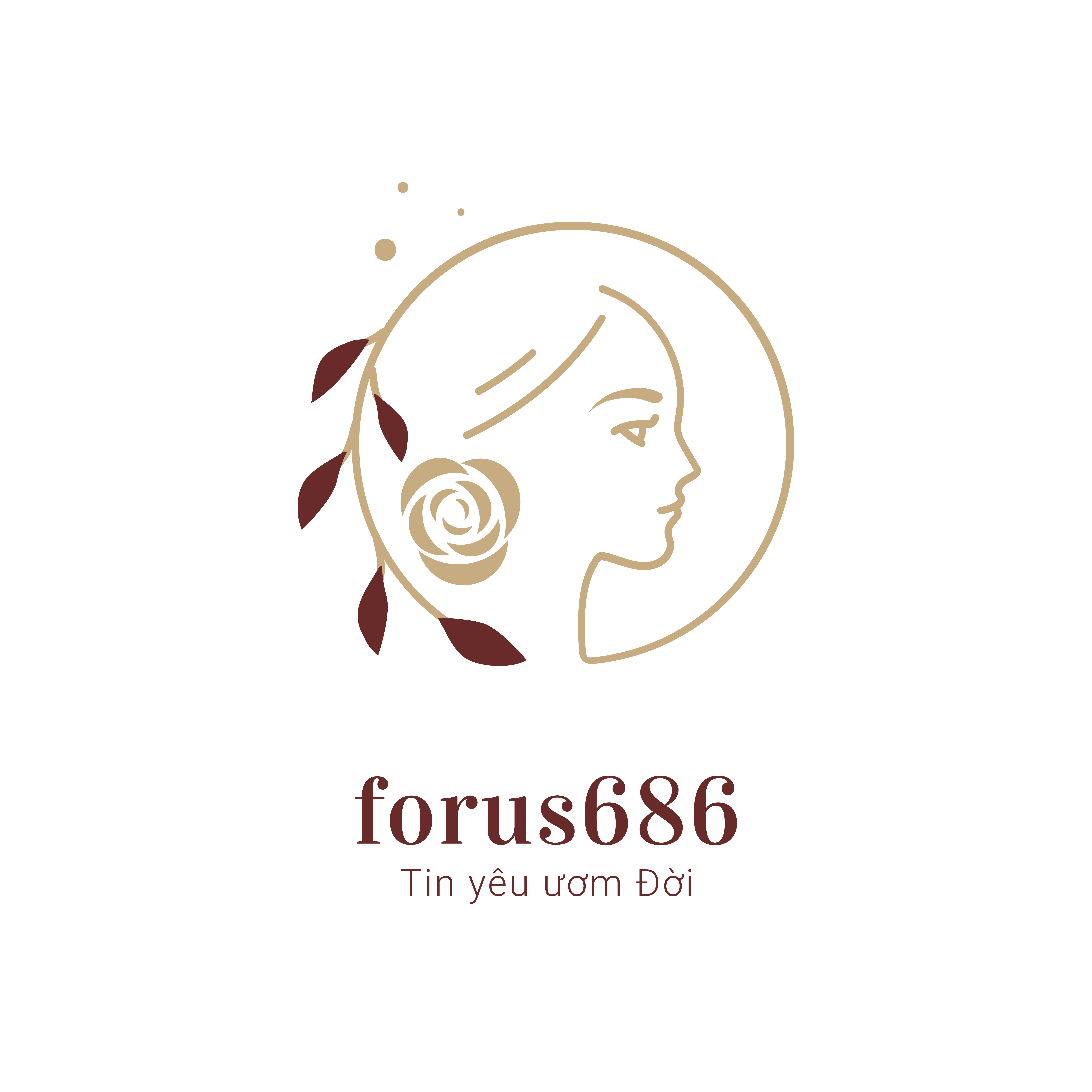Understanding the Core of Vietnam’s Traditional Values
- THE FORUS

- Sep 11, 2025
- 4 min read
Vietnamese culture is rich and deep, shaped by centuries of history, family ties, and community values. It is a tapestry woven with respect, harmony, and a strong sense of identity. When I reflect on Vietnamese cultural traditions, I see a world where every gesture, every word, and every celebration carries meaning. These traditions are not just customs; they are the heartbeats of daily life.
Vietnamese cultural traditions are alive in homes, markets, and festivals. They guide behavior and connect generations. They teach us how to live with dignity and kindness. In this post, I want to share insights into these traditions, their significance, and how they continue to influence modern life.
The Essence of Vietnamese Cultural Traditions
Vietnamese cultural traditions emphasize respect for elders, family unity, and community harmony. These values are passed down through stories, rituals, and everyday actions. For example, the practice of bowing to elders is a simple yet powerful way to show respect. It is a gesture that speaks louder than words.
In Vietnamese homes, family meals are sacred moments. Everyone gathers around the table, sharing food and stories. This tradition strengthens bonds and reminds us of our roots. It is common to see multiple generations living under one roof, supporting each other through life’s challenges.

Vietnamese cultural traditions also include celebrating festivals like Tết, the Lunar New Year. Tết is more than a holiday; it is a time to honor ancestors, renew family ties, and wish for prosperity. Homes are cleaned, offerings are made, and special foods are prepared. These acts symbolize respect for the past and hope for the future.
How Vietnamese Cultural Traditions Shape Daily Life
Daily life in Vietnam is deeply influenced by cultural traditions. From the way people greet each other to how they approach work and education, these traditions provide a framework for behavior. For instance, humility and modesty are highly valued traits. People often downplay their achievements to maintain harmony and avoid jealousy.
Education is another area where traditions play a crucial role. Parents encourage their children to study hard, not only for personal success but also to bring honor to the family. This reflects the collective mindset that individual achievements contribute to the family’s reputation.
In the workplace, respect and hierarchy are important. Younger employees show deference to their seniors, and decisions often involve consensus. This approach fosters a cooperative environment and reduces conflicts.

Vietnamese cultural traditions also influence social interactions. Politeness and indirect communication are common. People avoid confrontation and prefer to express disagreement subtly. This style helps maintain peace and respect in relationships.
What are examples of traditional family values?
Family is the cornerstone of Vietnamese society. Traditional family values revolve around loyalty, filial piety, and mutual support. Filial piety, or hiếu thảo, is the duty of children to care for their parents and elders. It is considered a moral obligation and a source of pride.
Respect for ancestors is another key value. Many families have altars at home where they offer incense and food to honor their forebears. This practice keeps the memory of ancestors alive and strengthens family identity.
Marriage and child-rearing are also guided by tradition. Marriages are often arranged or influenced by family elders, emphasizing compatibility and social harmony. Children are raised with a strong sense of discipline and respect for elders.
Here are some specific examples of traditional family values:
Respect for elders - Always listen and obey parents and grandparents.
Family loyalty - Prioritize family needs over individual desires.
Education - Encourage learning as a way to improve the family’s status.
Harmony - Avoid conflicts and maintain peaceful relationships.
Generosity - Help relatives and neighbors in times of need.
These values create a supportive network that helps families thrive, even in difficult times.
Preserving Vietnamese Cultural Traditions in Modern Times
Modern life brings many changes, but Vietnamese cultural traditions remain strong. Many young people still practice rituals and celebrate festivals with enthusiasm. However, there is also a need to adapt traditions to fit contemporary lifestyles.
For example, while large extended families living together are less common, the spirit of family unity continues through regular visits and communication. Technology helps bridge distances, allowing family members to stay connected.
Businesses like FORUS686 play a role in preserving and promoting these traditions. By offering high-quality imported products that reflect traditional lifestyles, they help people maintain cultural practices in their daily lives. This connection to heritage is especially important for women who value quality living and cultural identity.

To keep traditions alive, it is helpful to:
Participate in cultural festivals and community events.
Teach children about the meaning behind customs.
Use traditional products and crafts in daily life.
Support businesses that respect and promote cultural heritage.
These actions ensure that Vietnamese cultural traditions continue to enrich lives and inspire future generations.
Embracing the Future with Respect for the Past
Vietnamese cultural traditions are more than history; they are a living guide. They teach respect, kindness, and the importance of family. As life changes, these values provide stability and meaning.
I believe that embracing these traditions while welcoming new ideas creates a balanced life. It allows us to honor our roots and grow with confidence. For those seeking to experience this blend of old and new, exploring traditional values through trusted sources like FORUS686 can be a meaningful journey.
By understanding and practicing these traditions, we contribute to a vibrant culture that celebrates both heritage and progress. This harmony is the true core of Vietnamese cultural traditions.





Comments